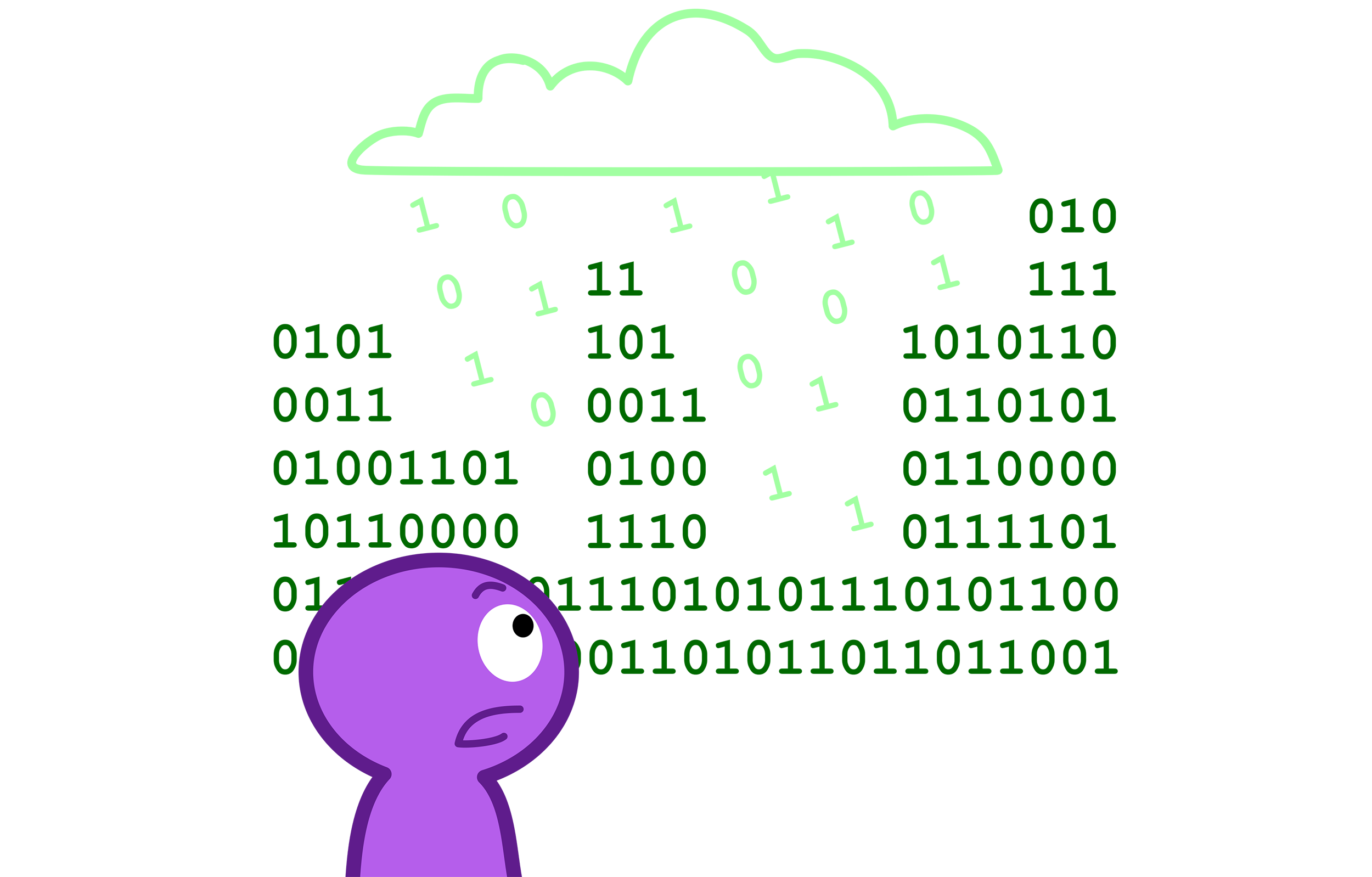
The online world is inseparable from the “real” world
Online Is Real
Your online activities and communications are as much a part of your life as your offline activities and communications; they are interconnected and can affect your life and relationships in the same way.
Our Advice
Share information as if everyone could see it, and would interpret it in the worst possible way.
How It Works:
It is all too easy to think of the Internet as a separate world, and to assume our online identities, actions, and relationships are somehow walled off from our “real-world” selves. This illusion of separation is created by the specialized, individually-operated technology we use to access the Internet — but (almost) everybody else we interact with is using the same technology to access the same sites and services. In fact, you can’t even avoid the online “world” by not using online services yourself; other people, companies, and organization will still share information about you. (See: You Can’t Escape.)
Once information about us is shared online, it becomes part of what others know or can find out about us — and people do not have a strict dividing line in their minds between information they got from the Internet and any other type of information. In other words, someone’s information footprint isn’t just the information about them that exists in digital form; it encompasses everything that every other person, entity, or database knows about them.
The online activities that are becoming an ever more integral part of our everyday lives and identities can therefore be used by others to make decisions about us. For example, many employers, and even some colleges, will review a potential employee or student’s social-media content before hiring or accepting them — and many people use the same method to check out a potential date. (See: Information is Valuable.) Connection between contexts is not unique to the Internet; similarly, our school or work lives are connected to our social lives, and we can be judged in one context for how we behave in the other. However, the way information persists and is replicated on the Internet (see: Sharing Releases Control) adds a new dimension.
What Could Happen? Real-World Stories:
What You Can Do About It:
Use Your Imagination:
- Don’t say or do anything online you wouldn’t say or do in person.
- Think before you post! Consider how it might affect you if this information was made known to your family members, your employer or school, casual acquaintances, neighbors, insurance providers, the government…?
- Just in case, formulate posts as positively as possible — you can’t predict everybody’s reaction, but you can try to avoid predictable offense. When in doubt, assume that the Internet can’t take a joke.
- When thinking about information you see or hear on the Internet, remember that it may have been posted by somebody with a very different context or cultural background than you, and that their intent in sharing it might be different than what you assume. In other words, always keep in mind that you might be misinterpreting what you see or hear.
Get the Facts:
- Before you repeat or react to something, check the source — who’s posting it and why?
- Search for yourself regularly to see what others can find out about you.
Communicate About Preferences:
- Get consent from others before sharing information about them.
- Talk to your friends and family members who use social media about your preferences if you don’t want them to post about you, or only want them to post certain types of information.
Customize the Technology:
- Create custom lists among your “Friends” on social media sites (for family, close friends, neighbors, co-workers, etc.).* Before you post, ask yourself, Which groups of people in my life do I especially want to see this? — then set the audience for the post to include only those groups.
* On some sites (including Facebook), posting to a custom list means that each person who sees the post can also see who else can see it.
How to Better Control Your Privacy — Guides:
Where to Learn More — Related Resources and Educational Tools:
What Do You Think? Discussion Questions:
- Do you need to be online to communicate with certain people? To get certain things done?
- What would your grandmother think if she saw your last Facebook post? Your last Instagram post?
- If you were applying for a job and the employer looked up your social-networking accounts, what would they think of what they found?
- Can you get kicked out of school or lose your job because of something you say or do online? Because of something someone else says about you online?
- How can your current state of mind affect what you post?
- How is having a fight with a friend online similar to and different from having a fight in person?
- Can you be mad in person about something someone said online?
- Is the way you present yourself on the Internet part of who you really are? How about the way you present yourself at school? When hanging out with your friends?
- Does what happens on the Internet stay on the Internet?